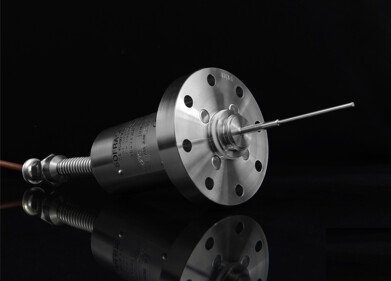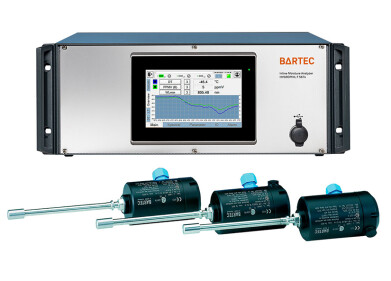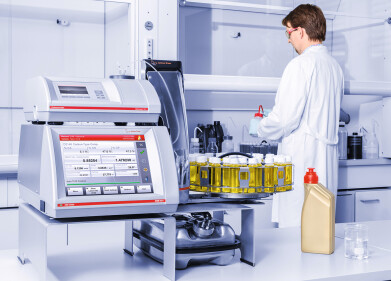Measurement and Testing
How Do Hydrogen Fuel Cells Work?
Apr 25 2022
From powering cars and buses to generating electricity for military applications, hydrogen fuel cells have incredible potential as an eco-friendly fuel. With growing pressure to slash global greenhouse gas emissions and governments around the world channelling cash into “green” hydrogen infrastructure, hydrogen fuel cells are set to play an important role in the transition away from fossil fuels.
Want to know more about hydrogen fuel cells? Read on as we cover how the technology works and some of the different applications for hydrogen fuel cells.
The mechanics of hydrogen fuel cells
Hydrogen fuel cells generate electricity by forcing a reaction between hydrogen and oxygen atoms. This reaction takes place across an electrochemical cell, with heat, water and electricity as the only by-products.
Applications for hydrogen fuel cells
Not only do hydrogen fuel cells generate clean electricity but they’re also suitable for a wide range of applications, both small and large.
-
Cars and vehicles
Hydrogen Fuel Cell Electric Vehicles (FCEVs) have enormous potential, with excellent range and zero exhaust emissions. While not as popular as battery-powered EVs, FCEVs are gaining momentum in Europe, where countries like Germany plan to offer motorists hundreds of hydrogen fuelling stations by 2023. Hydrogen advocated are urging the UK to do the same and establish itself as a global leader in hydrogen-powered transport.
-
Phones and laptop computers
While not a conventional power source, hydrogen fuel cells are being used to recharge phones and laptop computers. Apple is one of the latest companies to embrace the impressive energy density credentials of hydrogen fuel cells, with the tech giant recently filing a patent for a hydrogen-powered proton exchange membrane (PEM) fuel cell. Once developed, the fuel cell has the potential to power electronic devices for days on end.
-
Utility power stations
Large hydrogen fuel cells are powerful enough to supply electricity to energy grids. Standalone hydrogen fuel cells can also be used to generate energy in locations not connected to national power grids. The United States currently operates more than 150 fuel cell electric power generators, with a total capacity of 260 megawatts (MW). Most generate hydrogen via pipeline natural gas, though some use landfill gas and gas salvaged from local wastewater treatment plants. Moving forward, cities like San Diego plan to generate hydrogen by electrolysis. Electricity will be channelled into the electric grid and used to power homes and businesses across the city.
-
Military applications
From boosting the airtime of unmanned aerial vehicles (UAVs) to decreasing the weight of “wearable power systems” donned by soldiers, the US military is no stranger to the benefits of hydrogen fuel cells.
Want to know more about hydrogen as a fuel source? We cover a wide range of topics, including the advent of “green” hydrogen and the latest electrolysis developments, in ‘Everything You Need to Know About Hydrogen Fuel’.
Digital Edition
PIN 25.1 Feb/March
March 2024
In This Edition Safety - The technology behind the ION Science Tiger XT - Safety with ammonia and LOHCs as hydrogen carriers Analytical Instrumentation - Discussion on new tribology te...
View all digital editions
Events
Apr 22 2024 Hannover, Germany
Apr 22 2024 Marrakech, Morroco
Apr 22 2024 Muscat, Oman
Apr 22 2024 Rotterdam, Netherlands
Apr 23 2024 Singapore


















